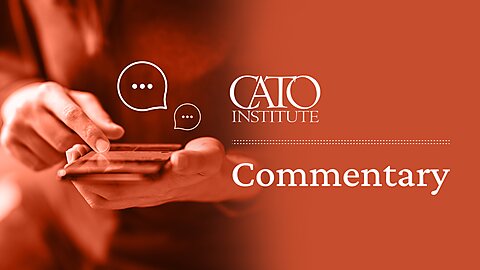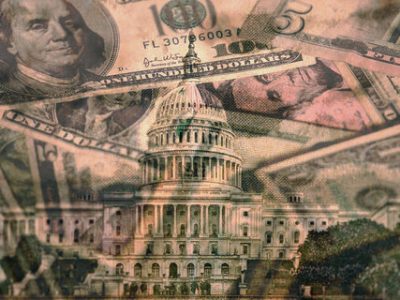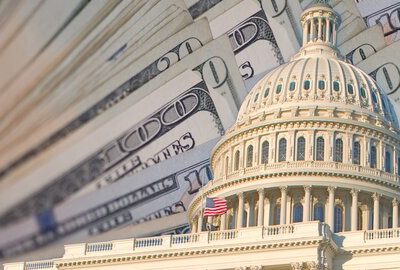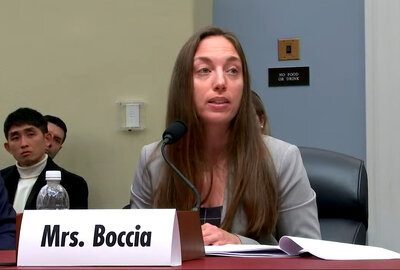
Clark Packard and Scott Lincicome
Article I, Section 8 of the US Constitution grants to Congress the power to “lay and collect Taxes, Duties, Imposts and Excises” and to regulate commerce with foreign countries. Yet a central plank of Donald Trump’s presidential campaign is a promise to impose tariffs of between 10–20 percent on imports from every country and 60 percent tariffs on all imports from China, which the former president recently claimed he could do without congressional approval.
Economists and other trade policy analysts understand such aggressive protectionism would be extremely damaging to the economy and broader foreign policy goals, but is Trump correct?
Yesterday, we released a Cato Institute briefing paper surveying the legal authorities available to the president to unilaterally impose aggressive tariffs. As we explain in the paper, in the early 1930s, Congress began delegating some of its constitutional powers to the president. Indeed, several US laws provide the president with vast discretionary authority to impose trade restrictions, and we argue that neither domestic courts nor the World Trade Organization is likely to check the exercise of such authority.
Ultimately it falls on Congress to claw back at least some of its constitutional authority to set US tariff and trade policy. Over the past several years, members of Congress have introduced legislation to rebalance trade authorities. Last month, for example, Sen. Rand Paul (R‑KY) introduced a bill that would, if enacted, require Congress to approve tariffs proposed by the president under a number of laws. Should Congress fail to act, US trade law will continue to be ripe for abuse by protectionist presidents.










